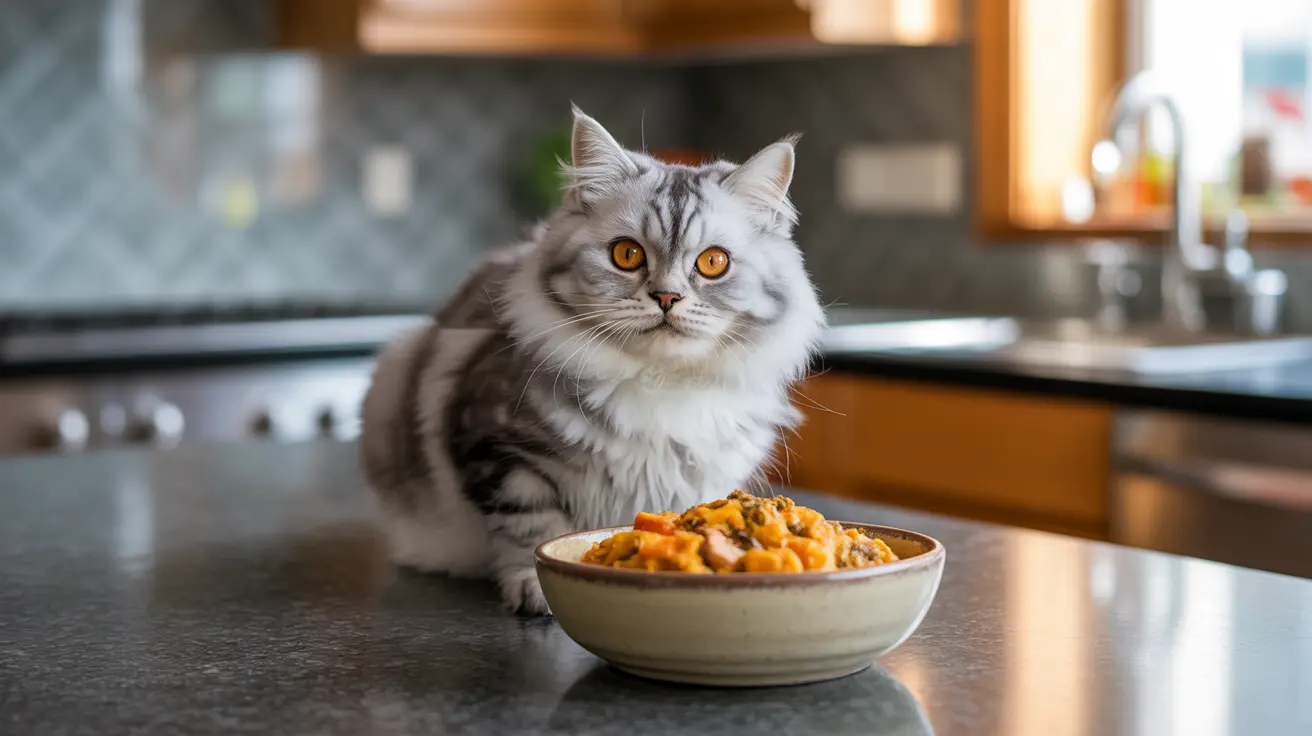As our feline companions enter their golden years, their nutritional needs become increasingly specific. Creating homemade cat food recipes for senior cats allows pet parents to provide tailored nutrition that addresses the unique requirements of aging felines. This comprehensive guide will walk you through everything you need to know about preparing nutritious, age-appropriate meals for your senior cat.
Understanding Senior Cat Nutrition Needs
Senior cats, typically those aged 10 and older, have distinct dietary requirements that differ from their younger counterparts. Their metabolism slows down, and their ability to digest and absorb nutrients changes significantly. Most notably, they require higher protein levels but may need adjustments in fat content and overall caloric intake.
Key nutritional considerations include:
- Higher protein requirements (at least 50% of caloric intake)
- Carefully monitored fat content
- Increased need for hydration
- Enhanced vitamin and mineral supplementation
- Easy-to-digest ingredients
Essential Ingredients for Senior Cat Recipes
When preparing homemade meals for your senior cat, selecting the right ingredients is crucial. Focus on these core components:
High-Quality Protein Sources
- Lean chicken breast
- Turkey
- Salmon
- White fish
- Lean beef
Beneficial Supplements
- Taurine (essential amino acid)
- Omega-3 fatty acids
- Vitamin B complex
- Calcium
- Joint support supplements (glucosamine and chondroitin)
Three Basic Recipes for Senior Cats
1. Gentle Chicken and Pumpkin Blend
- 2 cups cooked chicken breast, finely chopped
- 1/2 cup cooked pumpkin puree
- 1/4 cup bone broth
- Essential supplement mix as recommended by your vet
2. Senior-Friendly Fish Formula
- 2 cups cooked salmon or white fish
- 1/4 cup steamed carrots
- 1 tablespoon fish oil
- Required vitamin and mineral supplements
3. Turkey and Sweet Potato Mix
- 2 cups ground turkey (cooked)
- 1/3 cup mashed sweet potato
- 2 tablespoons bone broth
- Appropriate supplement blend
Preparation and Storage Guidelines
Proper preparation and storage are crucial for maintaining the safety and nutritional value of homemade cat food:
- Cook all meat thoroughly to eliminate harmful bacteria
- Prepare food in small batches
- Store portions in airtight containers
- Refrigerate up to 3 days
- Freeze extra portions for up to 3 months
- Thaw frozen portions in the refrigerator overnight
Safe Transition to Homemade Food
Transitioning your senior cat to homemade food requires patience and careful monitoring. Follow this schedule:
- Days 1-3: 25% new food, 75% current food
- Days 4-6: 50% new food, 50% current food
- Days 7-9: 75% new food, 25% current food
- Day 10+: 100% new food
Frequently Asked Questions
What are the best homemade cat food recipes tailored specifically for senior cats?
The best recipes include high-quality protein sources like chicken, turkey, or fish, combined with easily digestible vegetables like pumpkin or sweet potato. Always include necessary supplements and ensure adequate hydration through bone broth or water addition.
How can I ensure my senior cat's homemade diet meets all their nutritional needs, including protein and hydration?
Work with a veterinary nutritionist to formulate balanced recipes, include essential supplements like taurine and vitamins, and incorporate moisture-rich ingredients. Regular veterinary check-ups can help monitor nutritional adequacy.
Which ingredients should I include or avoid when making homemade food for an aging cat?
Include lean meats, fish oils, and digestible vegetables. Avoid onions, garlic, raw eggs, raw fish, and artificial preservatives. Never add salt or seasonings to your cat's food.
How do I transition my senior cat gradually to a homemade diet without causing digestive issues?
Implement changes over 7-10 days, gradually increasing the proportion of homemade food while decreasing current food. Monitor for any digestive upset and adjust the transition period as needed.
What supplements are essential to add to homemade meals to support joint, kidney, and overall health in senior cats?
Essential supplements include taurine, omega-3 fatty acids, vitamin B complex, calcium, and joint supplements like glucosamine and chondroitin. Specific needs may vary based on your cat's health condition.
Conclusion
Creating homemade cat food recipes for senior cats requires careful attention to nutritional balance, proper preparation, and safe storage practices. While it requires more effort than commercial options, the ability to control ingredients and tailor meals to your cat's specific needs can significantly benefit their health in their golden years. Always consult with your veterinarian before starting any new dietary regimen, and monitor your senior cat's health closely during the transition.






